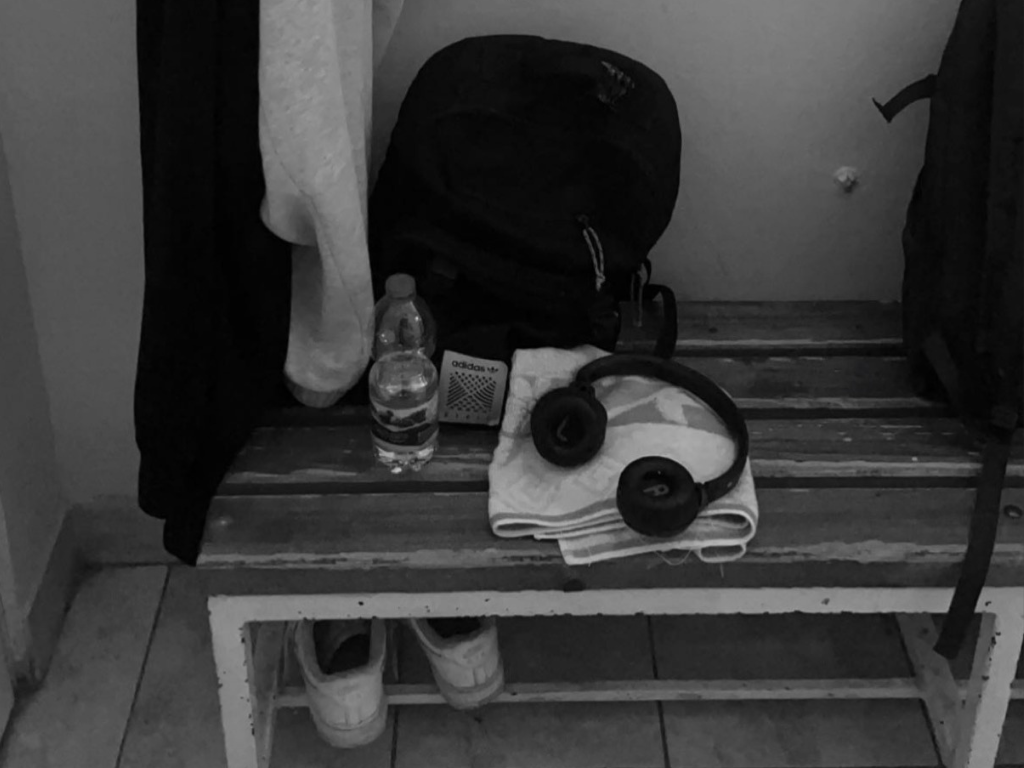Importance of sleep
Self development
Why you should make it a priority
Personally, I don't think there's enough being said about how big of a role tiredness plays on us. You can be the best at your work, but if you're not sleeping enough, if you're not recharging and letting your brain rest, it may take some time, but you won't be as able to keep up your own rhythm. I get the need to stay up late, working on something and not feeling like you deserve to lay down "just yet", however you can only work like that for so long.
There is a tiny amount of people out there who can sleep 6 hours and not feel the consequences, yet apparently the number of people who can function normally, in the long run, on less than 8 hours of sleep, rounded up and expressed as a percentage is actually 0%.
I know I'm not one of those.
In fact, women need even more sleep than men.
Sleep is an essential part of our daily routine and plays a vital role in maintaining our physical and mental health. A good night's sleep helps to refresh the mind, restore the body's energy levels, and boost our overall well-being.
Here are 5 things to keep in mind when going to bed next time:
1. There are 1.5h intervals
2. There are 4 main phases during sleep
3. 10 minute naps for the WIN
4. last 10 minutes before bed and 20 minutes first thing in the morning are crucial
5. quality > quantity
1. There are 1.5h intervals
If you're sleeping enough and can't seem to understand why you still feel so sleepy when waking up, chances are you're waking up in the middle of this 90 minute sleep cycle interval. When you wake up in the middle of the interval, you're actually waking up in the middle of a deep sleep phase. By switching your wake up time either to a little later or a little earlier even, to match the 90 minute periods, you'll feel much more rested and it will be easier to wake up. For example, if you're going to bed at 11pm, the best time to wake up is either 6.30 or 8 (if you're waking up early).
2. There are 4 main phases during sleep
Things are happening while we're sleeping. Sleep is crucial when it comes to our ability to learn and memorize. That's why it's not ideal to pull an all-nighter to "study" the night before an important test, but it's actually more beneficial to just try to get some rest. Anyways, within the mentioned 90 minute intervals, there are 3 non-rapid eye movement stages (N1, N2 and N3) and 1 REM (rapid eye movement) stage. During the N3 stage and the REM stage electrical impulses are moving between brainstem, hippocampus, thalamus and cortex which serve as relay stations of memory formation. During these stages our brains are "saving files", making connections and finally clearing our space for the next day so that we can learn and memorize more information. Deep sleep (N3) is responsible for declarative memory (facts, information you're taught at school or work), while REM stage is responsible for procedural memory (such as playing an instrument or a sport). With that in mind, going to sleep 3 hours after learning "from books" and 1 hour after learning something practical - would be ideal.
3. 10 minute naps for the WIN
You came home from work/college, you're tired but you don't have time to lay down and reset yourself with an hour long nap. In this case, a 10 minute nap is just the right thing. It takes almost no time, yet still it leaves you feeling energized and ready to continue on with the day. They say the best time to nap is before 4pm, but I take power naps whenever. I've never felt "sluggish" or "more tired" after taking a power nap. Also, if you're in a rush and you only have 10 minutes, when you set that alarm clock, you get 10 minutes to be care free and completely relaxed. You know it's only for a few minutes and that it won't ,mess up your daily schedule that much. Also, it's good because you stay in the first stage, N1, and that's just light sleep so no mid-REM wake ups. Just to add, if 10 minutes does nothing for you, try setting the alarm for 30 minutes, however don't snooze for any longer than that as it will leave you with post nap brain fog and at that point you'll only be more tired. Power naps are considered to be anything from 10 to 30 minutes.
4. last 10 minutes before bed and 20 minutes first thing in the morning are crucial
Apparently, the last 10 minutes before you go to sleep can affect your brain more than whatever you were doing throughout the whole day, while how you spend your first 20 minutes of the day determines how your day's going to go. For the first 20 minutes of the day our brains function at 10.5 wave cycles per second, which is regarded as the subconscious state of the mind (same with the last 10 minutes before sleep). At this state, our minds are the most active and therefore what we do, hear and see in those first 20 minutes highly influences the outcome of the day. That's why it is recommended not to go on your phone first thing in the morning, but rather go outside, get some vitamin D or do a light workout to get your blood pumping.. You can also journal or meditate, or simply get to the bathroom and do your skincare since that's a form of self care. Anything that will keep you off the screen early in the morning is welcomed. I even took it a step further and got a watch and set the alarm on the watch instead of on the phone so that I truly have no reason to pick up my phone right when I wake up.
I'd like to add:
A good day starts with a good morning, but a good morning is determined by a good night routine. I personally love having half an hour before bed for myself so that I can shower, do my skincare and finally talk to myself in the mirror right before bed. For some reason, on the nights when I do that I wake up a lot happier and ready to start my day even if I'm tired or sleepy. I have a strong will to start my day because I gave myself a little "pep talk" the night before when I established my goals, went through my accomplishments so far and mentally prepared myself for what's to come the next day. I'm also big on expressing gratitude before bed because sometimes you just don't realize how much actually does go your way, all it takes is a few minutes for you to snap out of the "life is against me" mindset and realize just how much actually happens FOR you. I drifted a little off, but it's connected to those last 10 minutes before bed so I'm leaving it as an example of what can be done in those 10 minutes and how it can positively impact your life.
and lastly,
5. quality > quantity
You can be sleeping in until noon, but if you went to sleep quite late, no matter how much you sleep in the next day, you simply won't feel "well rested". The best time to take naps during the day is before 4pm, while the best time to get quality sleep is from 6pm till midnight. I've tried this theory of going to sleep "before vs after" midnight, and for me it really makes sense. Other than the fact that I'll get more sleep, when I go to bed early I feel refreshed and ready for the day in the morning, while if I go to bed late and sleep in until 10 am I feel sluggish and no matter what I do or how long I sleep in for, I'm always tired and "slow" the next day. Of course, one time experiences won't kill you, however if it's a recurring thing I don't feel myself. That can also be because of the fact that I'm an early bird rather than a night owl, however I believe that you can only go so long against your own circadian rhythm before experiencing "the consequences" of not getting enough quality sleep.
To conclude, I don't think there's enough being said about getting enough quality sleep especially in this day and age when everyone's easily anxious and the rate of teenagers with depression and mood swings is quite high. I'm not trying to disregard anyone's feelings and struggles, however I do believe that sometimes all it takes for us (me first) to feel good is to go to sleep on time, go for daily walks, drink your water and eat foods that are high in nutrition. This is a little off topic but it all goes hand in hand when you're trying to better the quality of your life.
When it comes to sleep, try to consistently stick to a solid schedule, keep in mind there are 90 minute intervals and if you go to bed late try to still wake up early and get as much done as you possibly can using power naps.
That's it from me for this topic, thank you for reading and take this as a sign to get some quality rest tonight. <3
Read more...
2023 changes
how I made it actually work
when things don't go as planned
about frustration and how to control it
planning vs action
who is planning useless?


